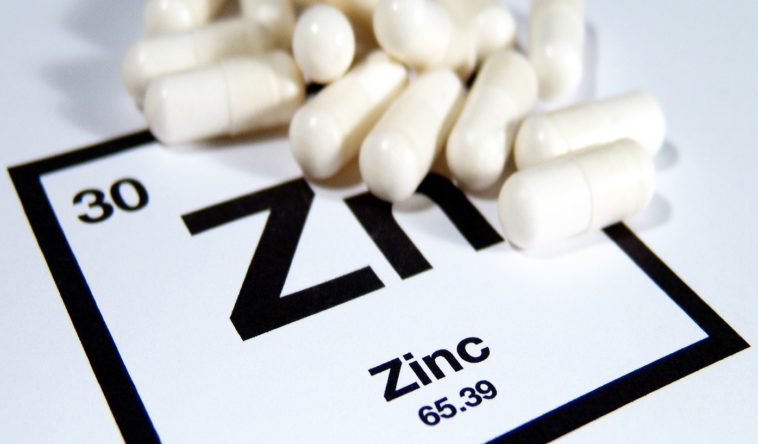Many sources can be sited to confirm that certain metal ions including zinc (Zn) and copper are found in high levels in pigmented tissues that are involved in melanin synthesis. This only illustrates zinc’s far-reaching effects in vitiligo’s better management. Keeping in mind that zinc stimulates the melanocytes into action and increases melanin and repigmentation in the skin, scientists across the world have attempted to evaluate the role of zinc status in the prevention and treatment of vitiligo.
Signs of zinc deficiency in individuals with vitiligo
Estimates hint that about 25% of the world’s population (every fourth individual in the world) is at risk of zinc deficiency. You too might have a zinc deficiency along with vitiligo if you:
- Have alcohol addiction.
- Are diagnosed with chronic diarrhea, chronic kidney disease, chronic liver disease, diabetes, pancreatic disease or ulcerative colitis.
- May not have access to a variety of foods.
- Eat higher volumes of legumes, nuts, beans, soybeans, and whole-grain foods.
At times, zinc deficiency can be caused by a diet high in processed foods and foods grown in zinc-deficient soil. Zinc and Copper have a very close relationship. When properly balanced (best in the range of 8:1 to 12:1 zinc to copper ratio), they work synergistically. Factors such as stress or diet can reduce zinc levels, causing an increase in copper, creating an unhealthy imbalance over time.
How is zinc deficiency related to vitiligo?
Several studies have shown that people with vitiligo are often deficient in certain vitamins (D, B12) folic acid, and minerals like zinc and copper. Since nutritional deficiencies are known to alter melanin production, melanocyte degeneration is found greater in active vitiligo. Additionally, Zinc deficiencies have been reported to induce hypopigmentation (characterized specifically as an area of skin becoming lighter than the baseline skin color) in various animals.
A study included 50 participants with vitiligo and 50 apparently healthy controls. Serum Zinc (Zn) levels were measured in each study group. Serum Zn levels were found statistically significantly lower in both the studied groups but were much lower in the vitiligo group than the control group.
Over the years, researchers have suggested that vitiligo could be a result of autoimmunity, oxidative stress or neural causes. However, the exact cause and subsequent development of vitiligo have not been fully understood. But, it has been established that zinc is another cofactor in melanin production, and many people with vitiligo are found low in zinc levels. Hence, it is worth checking if supplementing with the mineral can help the skin disorder to slow down.
Treatment of zinc deficiency in people with vitiligo
If people with vitiligo are deficient in zinc, then its supplementation and dietary changes can help them manage the progression of the white patches. Since many research studies focused on zinc’s role in pigmentation are underway, it’s recommended to go for zinc supplementation under the guidance of a licensed healthcare professional. Being, a trace element, zinc is required in minutely small doses. Hence always seek advice from your doctor for the suitable dosages.
Conventionally used for skin health, Aloe Vera supports proper nutrient absorption and contains essential minerals like zinc. One can alternatively increase their intake of zinc-containing foods such as oysters, fortified breakfast cereals, baked beans, milk, yogurt, beef chuck roast, chickpeas, and plain oatmeal.
Looking Ahead
While the relationship between zinc deficiency and re-pigmentation has been recognized in many research trials, the connection between vitiligo and zinc levels still needs to be studied more comprehensively. Studies that establish a link between two so far have been conducted with limited sample sizes and cross-sectional design. Therefore, more studies should be conducted so that the pathological nature of zinc status in vitiligo patients can be determined.

